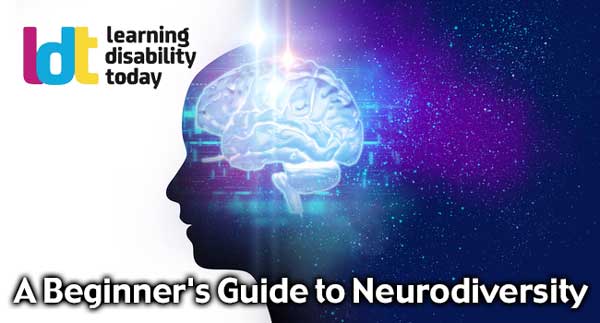Origins of the term “neurodiversity”
The term “neurodiversity” was coined in the late 1990s by Australian sociologist Judy Singer, who is autistic herself.
Singer, along with the American journalist Harvey Blume, recognised that what we call “diversity”, i.e. the variety we observe and value around us, can also be applied to people whose brains are different. These variations include autism, ADHD, the various forms of ‘dys’ (-lexia, -praxia, -calculia etc.), learning disability and more.
“This gives a different perspective on autism “awareness” – is it enough, or should we be insisting on improving accessibility for autistic and other invisibly disabled people?”
We may not think about it too much but we use biological diversity, in the form of biometrics, every day. We are all physically unique. If you have a biometric passport or a phone which uses facial recognition to unlock it, those are the principles which apply. The police have used fingerprints for identification purposes for well over a century.
Singer realised that, just as we all have different bodies, voices, eyes, and even walks we all have different brains, too. We all have our own experiences, strengths, and weaknesses. As with physical differences, problems arise when our brains diverge too much from the neurotypical “norm”.
Share This Post:









Dear Linda
I think this is a superb article.
Dare we hope that one day, there will be facilities to ease our journeys through life. For example in public places, at shows, concerts, train stations etc.
The queueing, the noise, the confusion, the crowds. Yet because we appear to be “normal” we have to force ourselves into and through so many situations that cause us stress and are very damaging.
We are multi faceted pegs, being forced to cram ourselves into square shaped holes that don’t give a millimetre to help us.
Thank you for sharing this article.
Kindest regards always.
Hello Helen
I am the person who wrote the above article and I have just found your comments.
I wanted to thank you for your positive feedback, I am really glad you enjoyed it and very much appreciate your taking the time to say so here.
Kind regards,
Thank you Helen